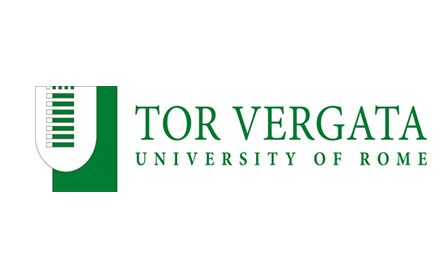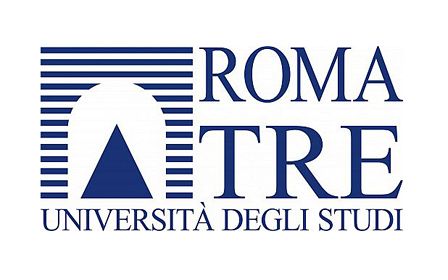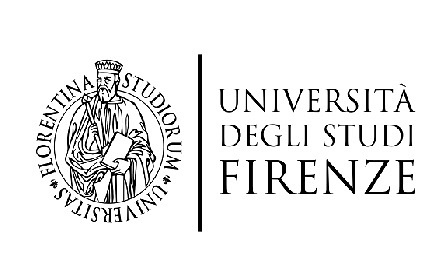SPEAKERS

Noemi Pace is currently Assistant Professor at the Department of Economics, University Ca’ Foscari of Venice and Stanford Health Policy Adjunct Associate at the Center for Health Policy, Stanford University. She is also consultant at the Food and Agriculture Organization (FAO) of the United Nations.
Her fields of concentration are *applied microeconomics*, *experimental economics, **health economics* and *development economics*.
She was previously Research Fellow at the Centre for Global Health Economics at University College London where she was involved in research projects on the equity of health care expenditure in developing settings, and on the role of networks in development programs’ and on their economic impact.
During her doctoral studies she spent some time as visiting researcher at the Center for Health Policy at Stanford University, where she was working on a research project on the externalities of health insurance on health related behaviors in the US.
She holds a B.A. in Economics, a Master Degree in Development Economics and a PhD in Economic Theory and Institutions from the University of Rome "Tor Vergata".
Session II - The Heterogeneous impact of cash transfer 26/10/2017 11:45 - 13:45
Does “Soft Conditionality” Increase the Impact of Cash Transfers on Desired Outcomes? Evidence from a Randomized Control Trial in Lesotho
This paper focuses on the role of ‘soft conditionality’ implemented through both ‘labeling’ and ‘messaging’ in evaluating the impact of an unconditional cash transfers programme in Lesotho.
Beneficiary households received a clear message that the transfer should be spent on the interest and needs of children.
Our findings are based on a randomized experiment and indicate that transfer income is spent differently from general income as it exerts both an income and a substitution effect. ‘Soft conditionality’ seems to play a role in increasing expenditure for children, especially on education, clothing and footwear.The observed behavioral change is confirmed by comparing the ex-ante expected behaviors with the ex-post actual response to the program. We find that for expenditure categories linked to the wellbeing of children the ex-post response was much higher than the ex-ante expected behavior.
Other speakers in this session:
Eleonora Porreca (University of Rome “Tor Vergata” and ICID)
Heterogeneous impact of unconditional cash transfer: evidence from a randomized experiment in
Lesotho
Giuseppe Dachille, (University of Rome “Tor Vergata” and ICID)
Revisiting the impact of Oportunidades/Prospera on children's activity in Mexico. Evidence from
nationally representative data



